
I am writing this article prompted by a conversation with a friend I met on this blog @tired_momma . He says he is a big food lover. Here in Serbia, among other things, we are known for good and tasty food. Today, with this article, I will introduce someone and remind someone of the ten Serbian dishes that are indispensable on most of our tables.
1. Sarma, a dish that never gets bored
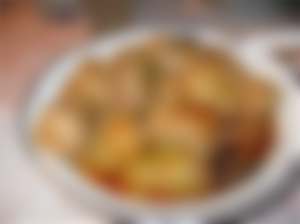
Definitely, sarma is the most popular and favorite Serbian dish. Many foreigners who visit Serbia for the first time, the first food they try is sarma. And they love her for life. Due to the great popularity of sarma, there are over 10 recipes, and every housewife has her own "little secret" on how to make her sarma the best!

The main ingredients from which sarma is made are sauerkraut, minced meat and rice. Fry the minced meat in the onion, add the rice and season as desired. The sauerkraut leaves are whipped with this mixture and wrapped. It is important to wrap them well so that they do not fall apart (which happened to me when I made it for the first time many years ago). Before cooking the sarma, the bottom of the sieve is covered with sauerkraut leaves, and the sarma is covered with them. when we add, for example, dry pork ribs to all that, we get an unforgettable specialty. Sarma is cooked at a low temperature, and then it is just right.

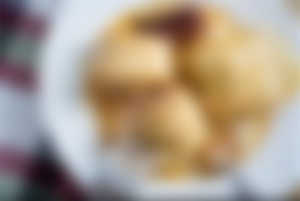
Sarma would not be sarma if they did not save it for at least two days. When heated, it seems even more beautiful. That's where the problem arises in my house. My husband loves sarma. When I prepare it, she starts eating while still howling, she also eats it while she is cooking, so I never know how many prepared sarma will be left for lunch in the end.
2. Cevap, the king of Serbian barbecue

Cevap, or as we call them out of mercy, cevap can rightly bear the title of kings of Serbian barbecue. Every celebration, going to a restaurant, excursions, barbecues in nature and socializing are unthinkable without this specialty. With a little onion, rolled or stuffed, with a glass of good beer, kebabs become a favorite food for anyone who tries them only once.
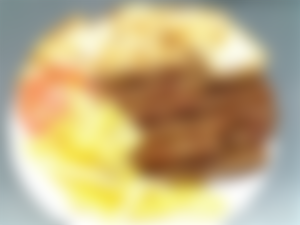

It is made from ground beef with the addition of spices. They can be stuffed, rolled (usually wrapped in bacon). We in Serbia have something we call mixed meat. Here, other types of grilled meats, such as sausages, vesals, burgers, chicken, and skewers, join the cevapi. They are often eaten with onions and french fries as a side dish.
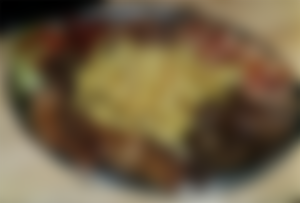
3. Karadjordje's steak, a brilliant invention of a Serbian chef
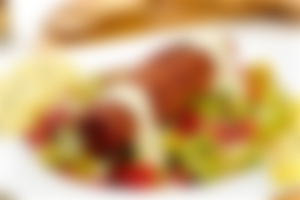
Karadjordje's steak was designed by a famous Serbian chef, Milan Stojanovic, in order to impress special guests in his restaurant. And he succeeded in that. Karadjordje's steak has become a real Serbian brand, which not all real gourmets can resist.
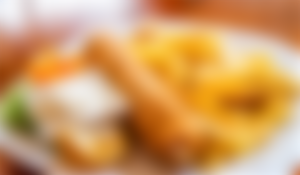
Favorite in Serbia but also around the world. Karadjordje's steak or popularly "girl's dream", is a dish that was created spontaneously but managed to win many hearts. There are several variations in the preparation of Karadjordj's steak. Basically, it is a steak stuffed with kajmak, which is thus closed, rolled in flour, egg and breadcrumbs and then fried.

4. Ajvar,"Serbian vegetable caviar"

Ajvar is a special type of salad, a specialty of Balkan cuisine, made from red pepper. Ajvar is originally from Serbia, so it is also called "Serbian salad" or "Serbian vegetable caviar". It is used as an addition to many dishes, and most often as a bread spread.

Ajvar, spread on a piece of bread, can be a real treat for breakfast or dinner, but it is also unavoidable as an addition to barbecue, cabbage and many other main dishes. It is made from roasted peppers processed in a special way, and the taste of homemade Serbian ajvar cannot be compared to anything.
As a child, I used to spread a piece of bread with kajmak and put ajvar over it. What a pleasure it is to eat.

Ajvar is traditionally made in autumn, when the paprika season is full, and is used all year round. Ajvar is made from both hot and sweet peppers. It is prepared by hand in open pots on a wood stove. Before preparing the ajvar, the peppers are roasted, carefully peeled, drained and ground. Peppers are baked on the stove, on the grill or on the oven of the so-called "drummer". Before serving, usually add a little finely chopped, salted garlic. The name comes from the Turkish word havyar, which means "salted / salted caviar", and shares its etymology with caviar.

5. A set of buns, away from ordinary buns
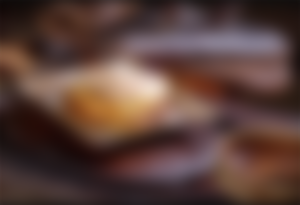
This specialty is characteristic of the western part of Serbia, especially Nova Varos, Zlatibor and Uzice. Anyone who once had the opportunity to try a set of buns or as it used to be called - a bun with everything - could feel how this dish awakens all the senses. Unusual combinations of flavors of this dish captivate everyone.

In the original version, a wood stove, bun, melting pot, egg and kajmak are needed. The bun is cut horizontally with a slight indentation towards the middle, so that it looks like a bowl and the upper part looks like a lid. The lower part is coated with kajmak. Beat the egg with the kajmak directly on the bun. Then put everything in a preheated oven and bake for about 10 minutes (depending on whether you want a crumbly or crispy bun).
After roasting, the bun is taken out of the oven and poured over the heated melt, which is obtained by catching the fat after roasting lamb and pigs, mixing and leaving to cool.
This specialty has great caloric value.
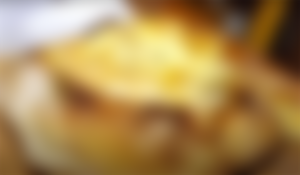
6. Vanilice, the best holiday cake in the world
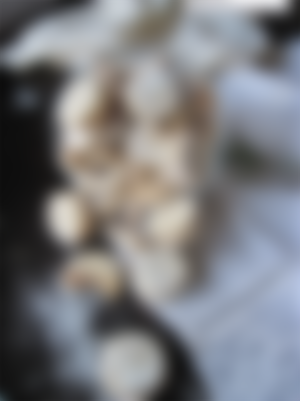
Favorite, simple and irresistibly cute! Vanilice is one of those cakes that everyone loves and everyone is looking forward to! In Serbia, they are made during holidays, celebrations, but also without a special occasion. The portal for culinary recipes "Food 52" declared Serbian vanilice the best holiday cake in the world.

There is no exact recipe for making this extremely simple cake, which in all variants contains three basic ingredients, flour, fat and sugar. Recently, a variant of fasting cake has appeared, where margarine without eggs is used instead of fat. From these ingredients he makes a dough that is usually cut into cookies with a small glass. When the cookies are baked, one is smeared with jam, closed with another and sprinkled with powdered sugar

7. Prebranac, beans in the Serbian way

One of the favorite Serbian dishes is prebranac or other "gravče na tavče". This very simple dish has a rich taste and is unavoidable at all festive tables during Lent. Due to the unusual way of preparation, it intrigues many foreigners to try it.
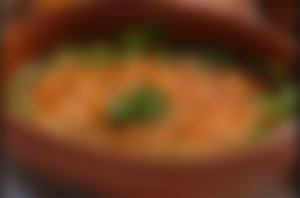
It is prepared from white beans and onions. The beans are cooked and the onions are soaked in cold water. Separate the onion into rings and fry. spices such as black pepper, allspice and other as desired are added. Arrange cooked beans and fried onions alternately in a greased pan. Each row is drizzled with oil. The last row should be beans.
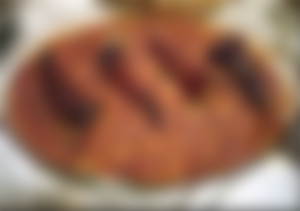
8. Gibanica, a pie what is nowhere to be found

If a dish can be said to be nowhere to be found, except in Serbia, then it is gibanica - a pie that has its relatives throughout the region, but it can be eaten just like this only in Serbia. And her taste is in line with a Serbian saying - lick your fingers!
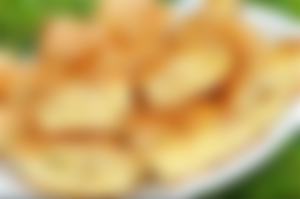
Gibanica is a type of Serbian layered pie, usually stuffed with white cow's cheese with oil and eggs, or less often, instead of cheese, with meat, potatoes or spinach. They differ from pies in slightly thicker crusts. Layers of crust and stuffing can be arranged flat, or more often as crumpled crusts soaked in stuffing with flat crust at the bottom and top.

9. Kajmak, irreplaceably good

Kajmak is not really a dish, but it is used in various possible ways as an addition to a dish. With potatoes, barbecue or polenta, kajmak wins the hearts of everyone who tastes it.

Kajmak is a dairy product with a creamy structure, pleasant sour taste and characteristic aroma. They are obtained by collecting fat that accumulates on the surface of boiled (heat-treated) and cooled milk (cow's, sheep's, goat's or their mixtures), which ferments for several hours or days (young or old kajmak).

10. Sweet, delicious Serbian welcome
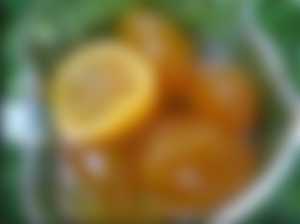
This is already a traditional Serbian service, characteristic of Serbian hospitality. In many households, it is inconceivable that when a guest comes to the house, the housewife does not have sweets and water to take out in front of him. Due to the extremely pleasant and invigorating taste, it is not uncommon for someone to eat a whole or half bowl of this delicacy, when it is tasted for the first time. The jam is made from fruit, and the housewives simply compete in the originality and skill of making this serving.

In international terminology, sweet could be described as candied fruit. The hospitality ceremony in Serbia often begins with a sweet and a glass of water. Sweet is traditionally prepared on a wood stove in open pots that are used only once a year, only for cooking sweets. The sweet consists of whole fruit that can be recognized in a thick syrup. Serve in small bowls with a glass of fresh water. Usually the guest takes one teaspoon of sweet from a bowl and a sip of water (if someone wants more, he has to do it with a new teaspoon). The most common types of fruit used for cooking sweets are: wild strawberries, plums, quinces, cherries, figs, blueberries and blackberries.

I hope you liked my selection of Serbian dishes. I don't know about you, but I'm hungry while writing this.

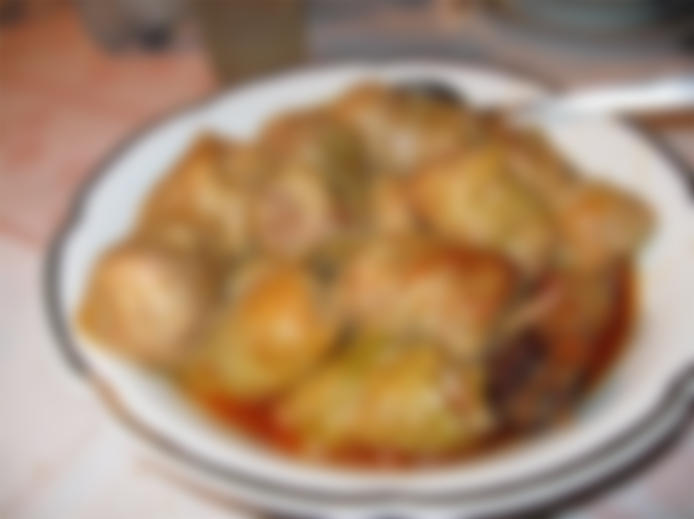
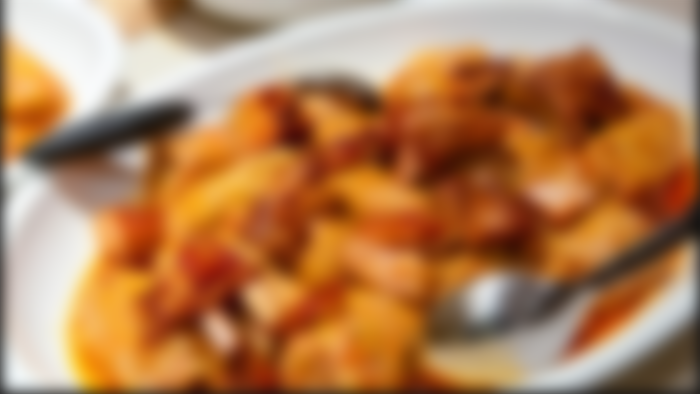
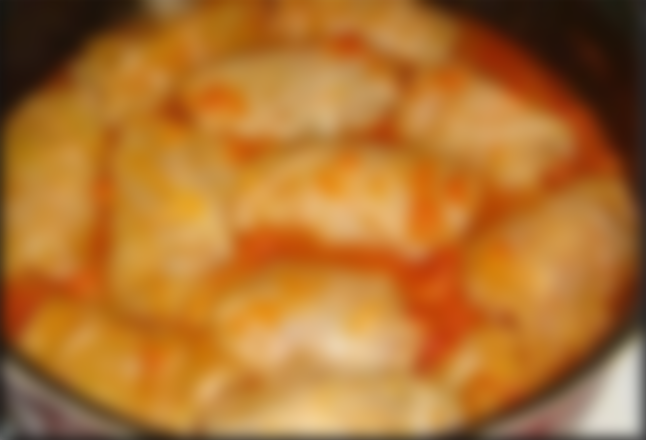
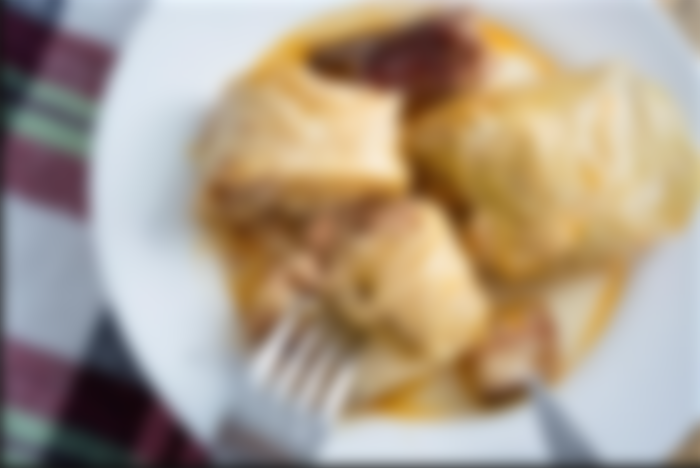

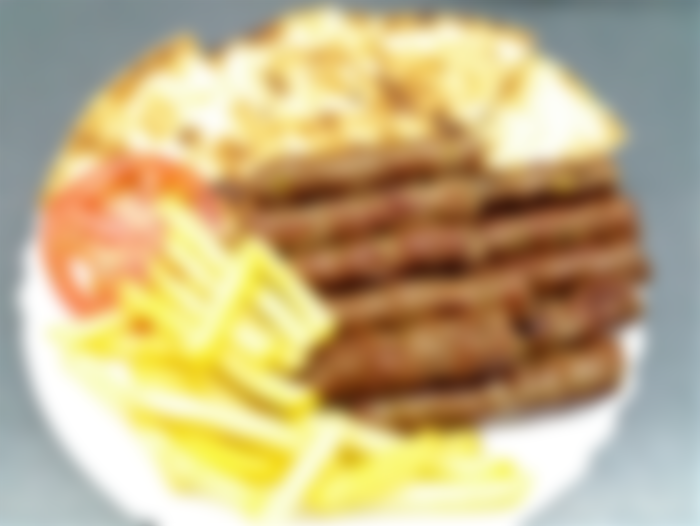
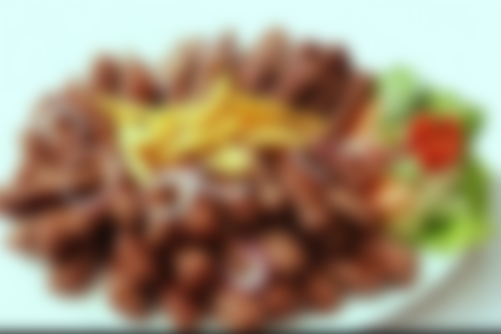
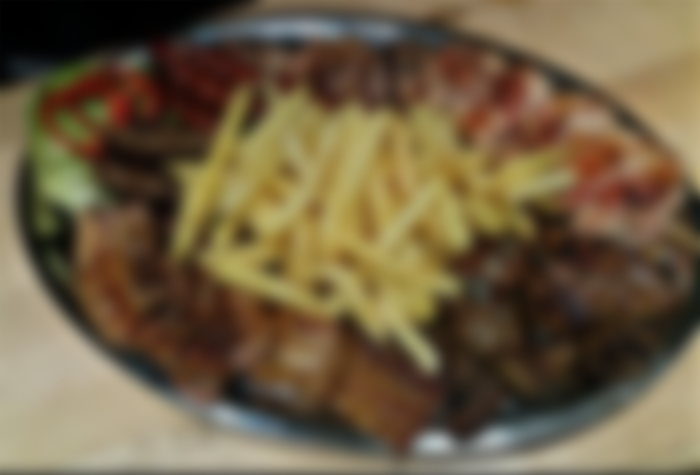

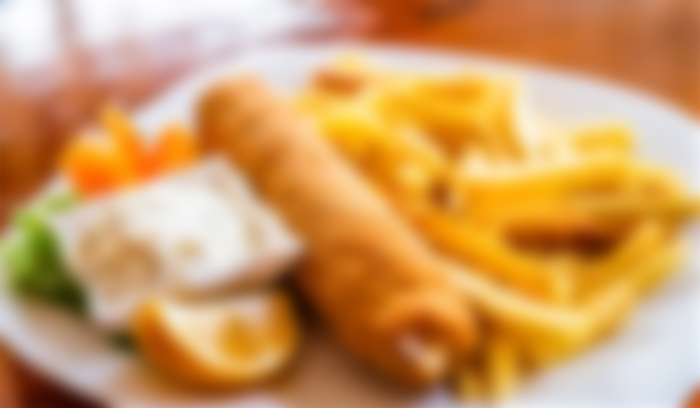

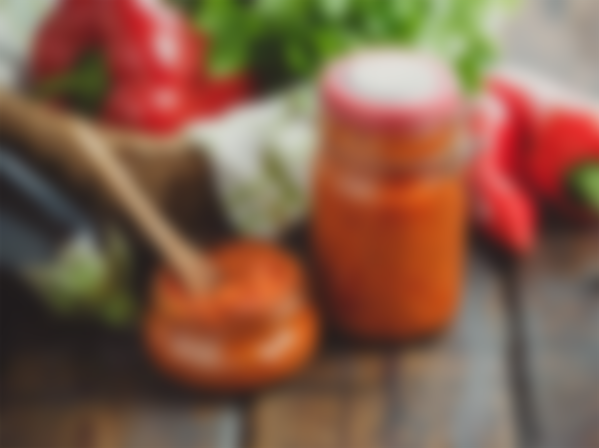
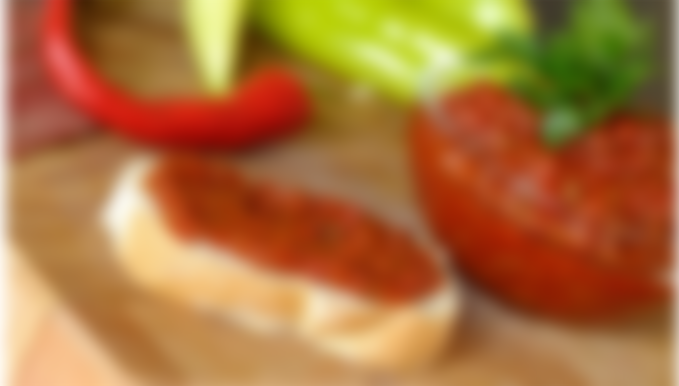
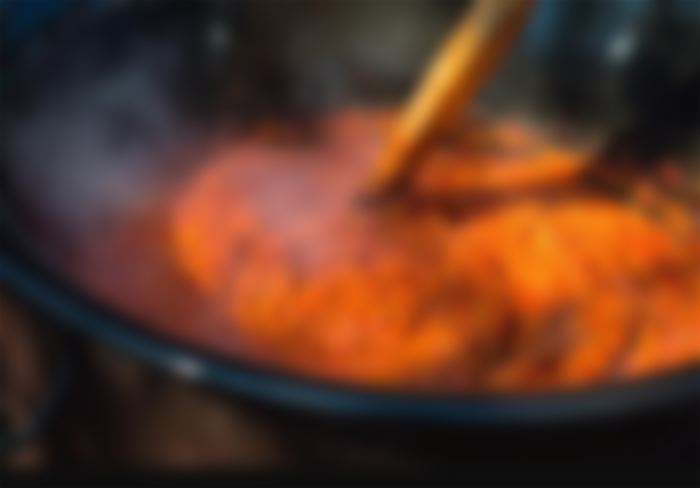
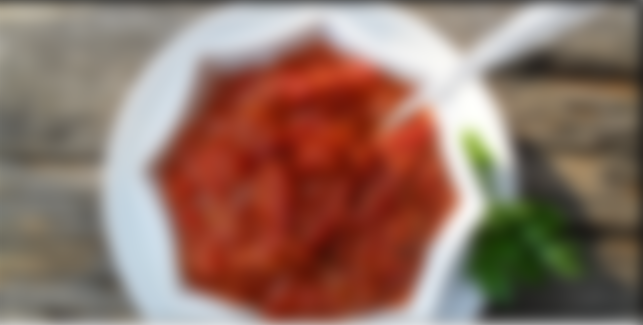
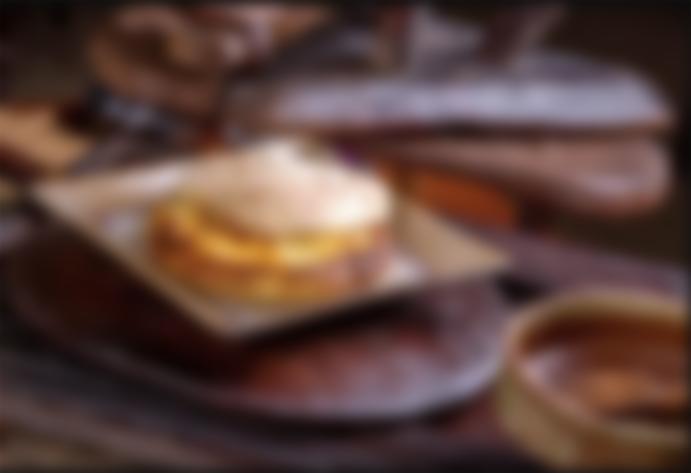
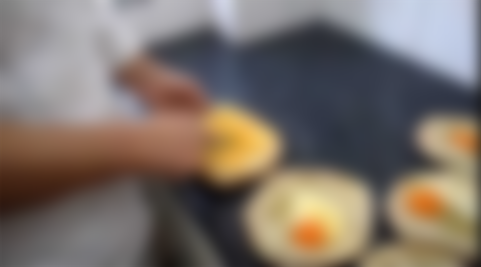
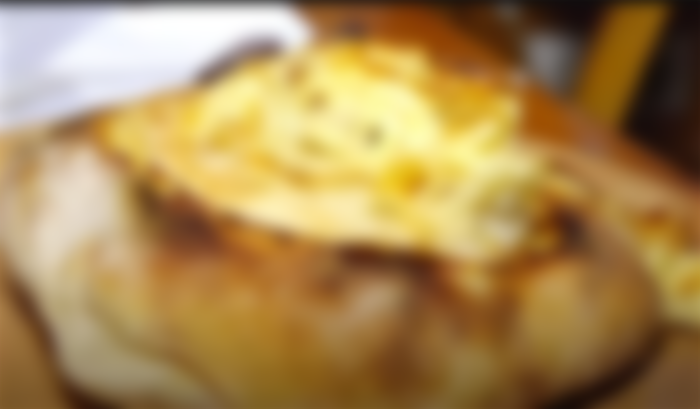
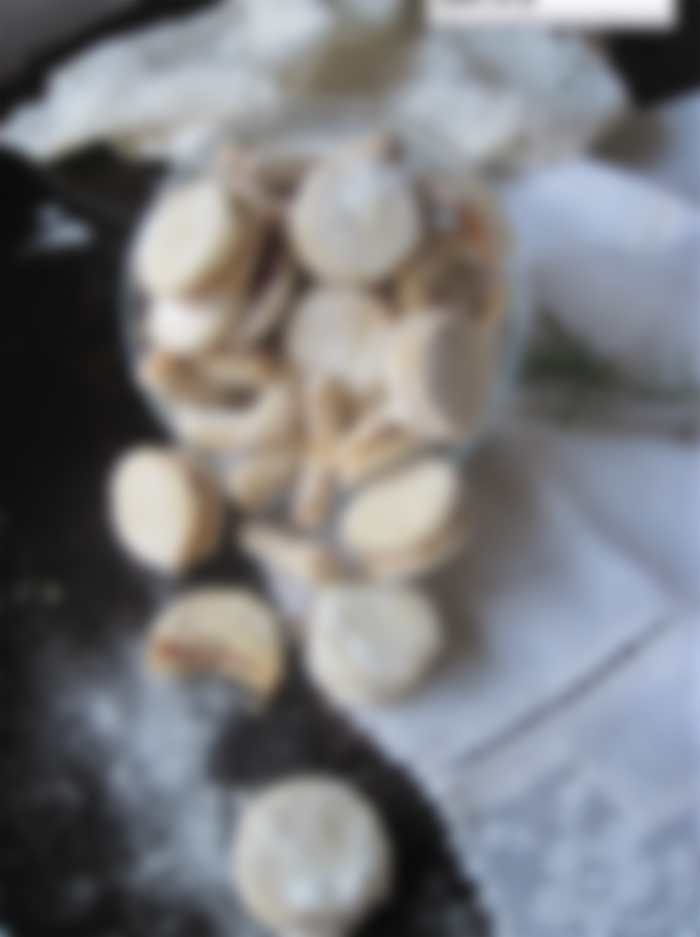

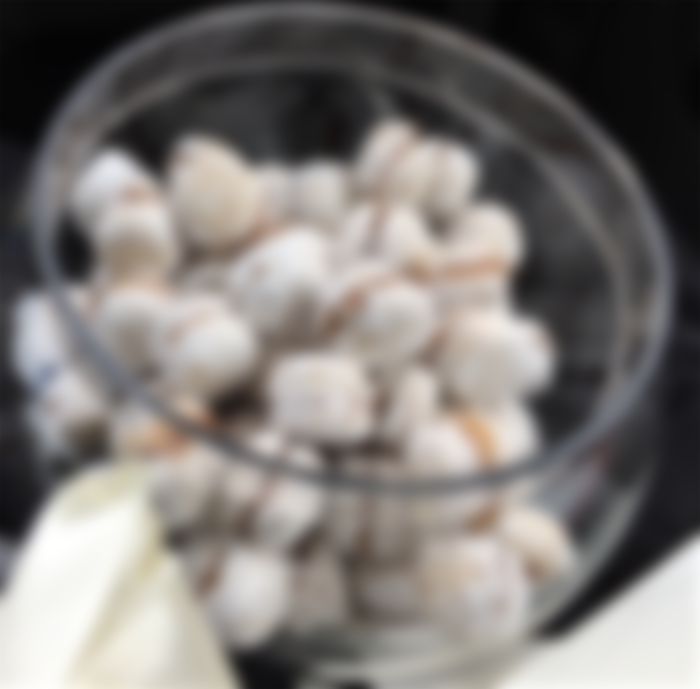
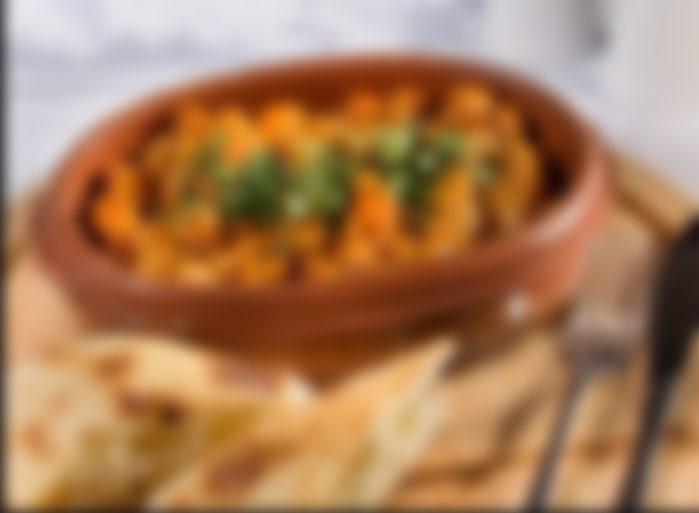
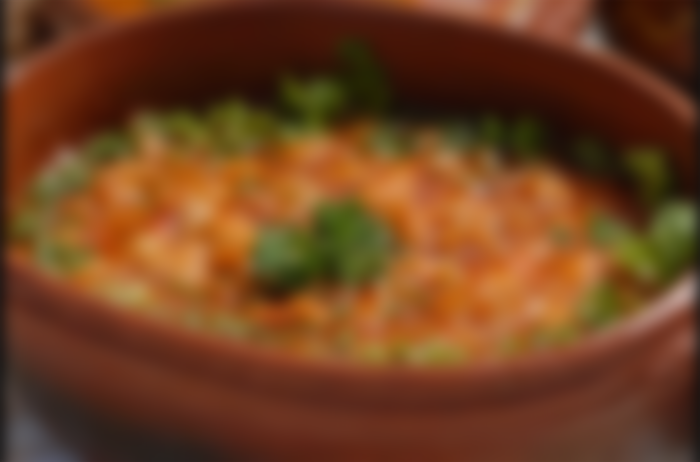
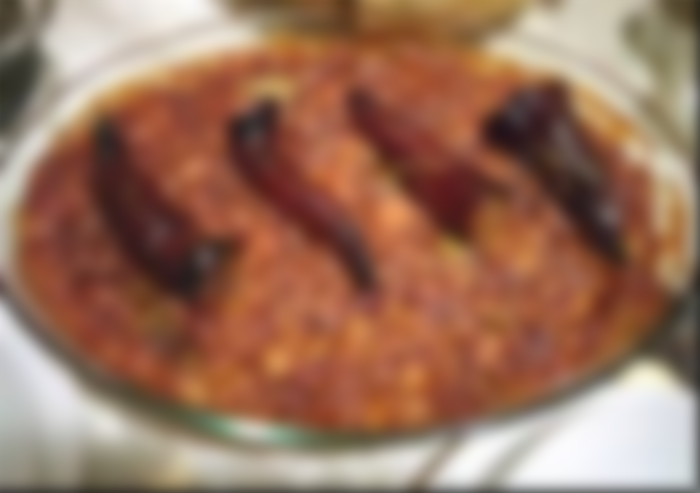
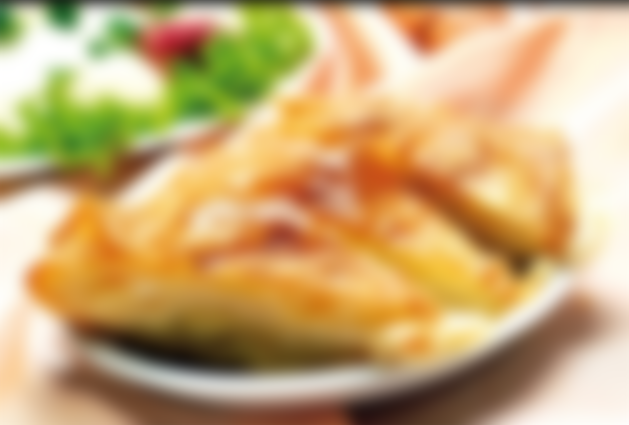
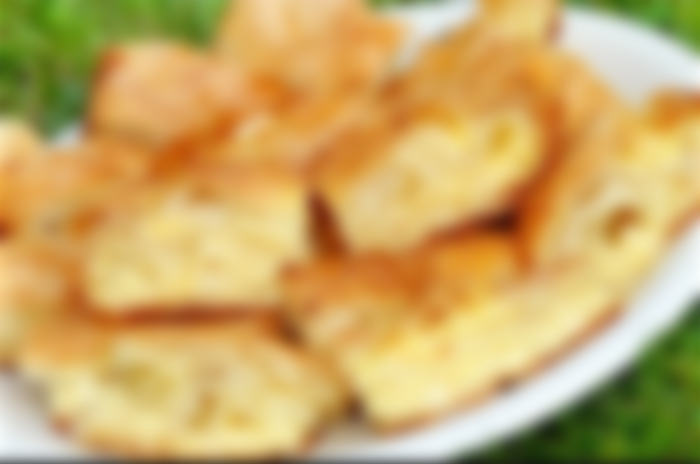
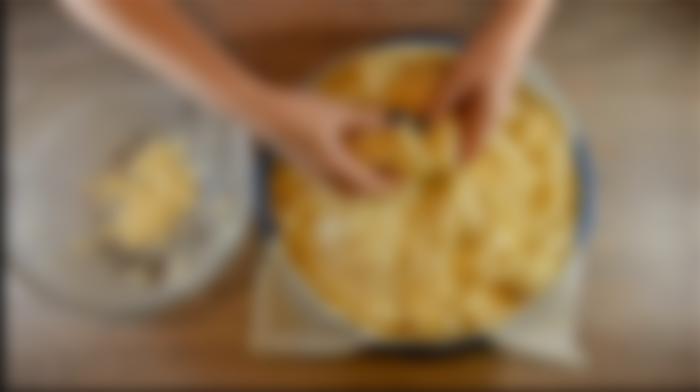
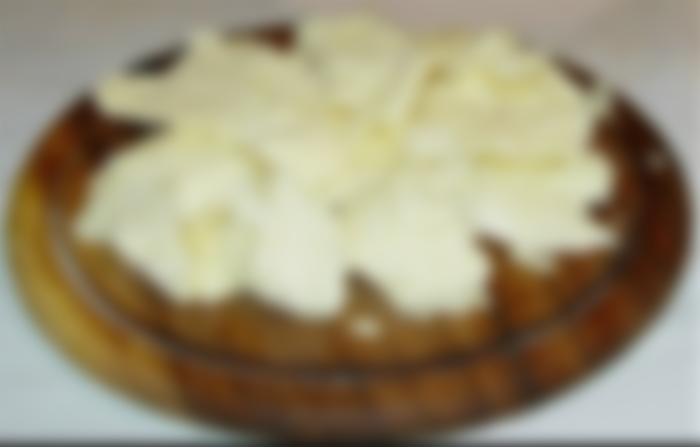

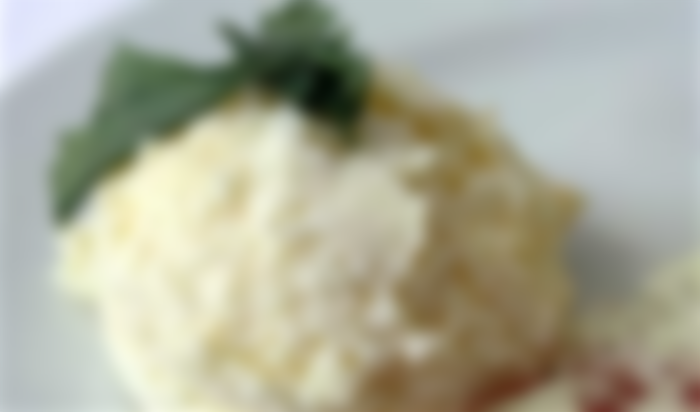
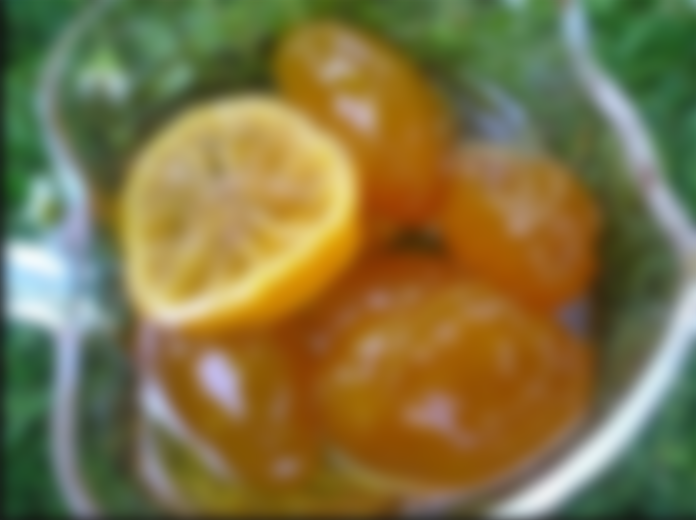
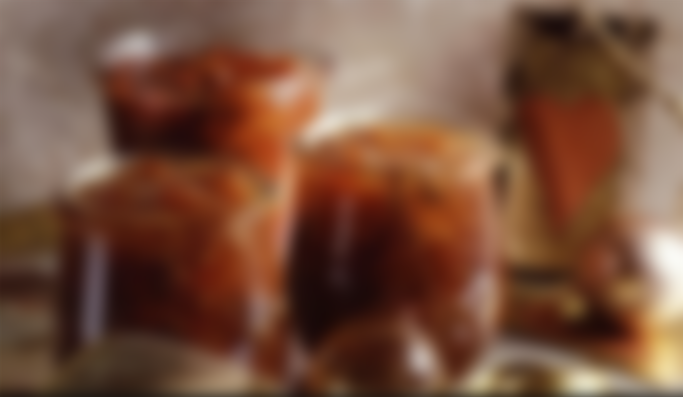

It's great and it's similar here. Only I can't eat kajmak